Java remains one of the most robust and prevalent programming languages in today's rapidly evolving digital landscape. The most popular programming languages are shown in the below graph.
Hiring Java developers is the most crucial decision that can impact the success of your software development project. This blog will explore several ways to hire Java developers to enhance your software solutions. In addition, we will learn about real-world Java use cases.
Let's first start with Java's popularity.
Why is Java So Popular?
In the real world, Java is used in many applications or software. It is used on popular sites such as Google, YouTube, Amazon and LinkedIn. With a robust development roadmap, Java is continuously advancing in both security enhancements and performance optimizations.
Up to 97% of enterprise desktops run Java. In the United States, Java Runtime Environment (JRE) is installed on 89% of desktops.
As of 2023, 30.55% of developers globally use Java, maintaining its position as a leading position in the industry for over three decades.
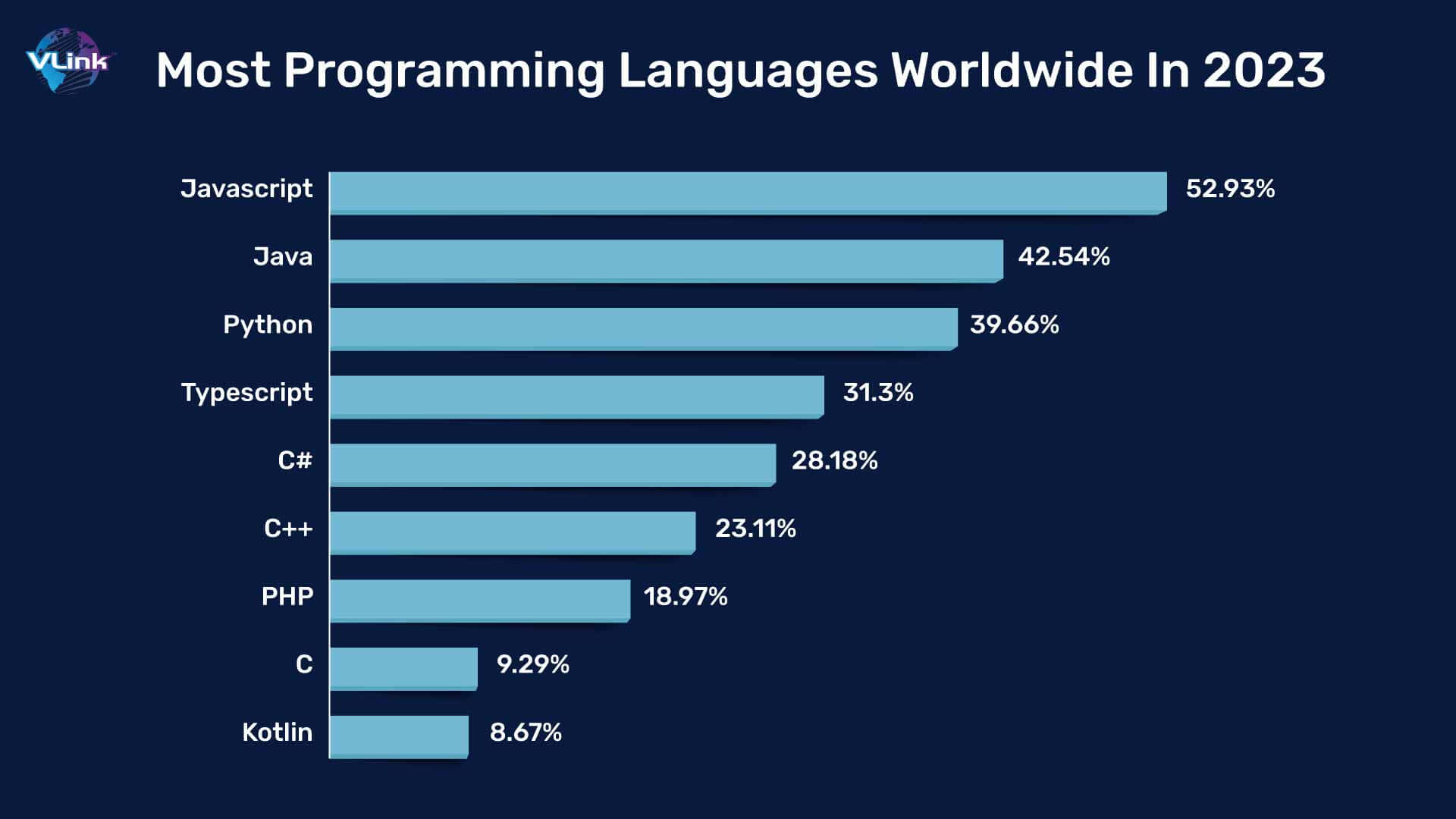
Oracle states that 69% of developers use Java, with 51 billion JVMs in use. Java's excellent performance, usability, and scalability make it more popular in global enterprise solutions.
Ways How Hiring Java Developers can Benefit your Software Development Solutions
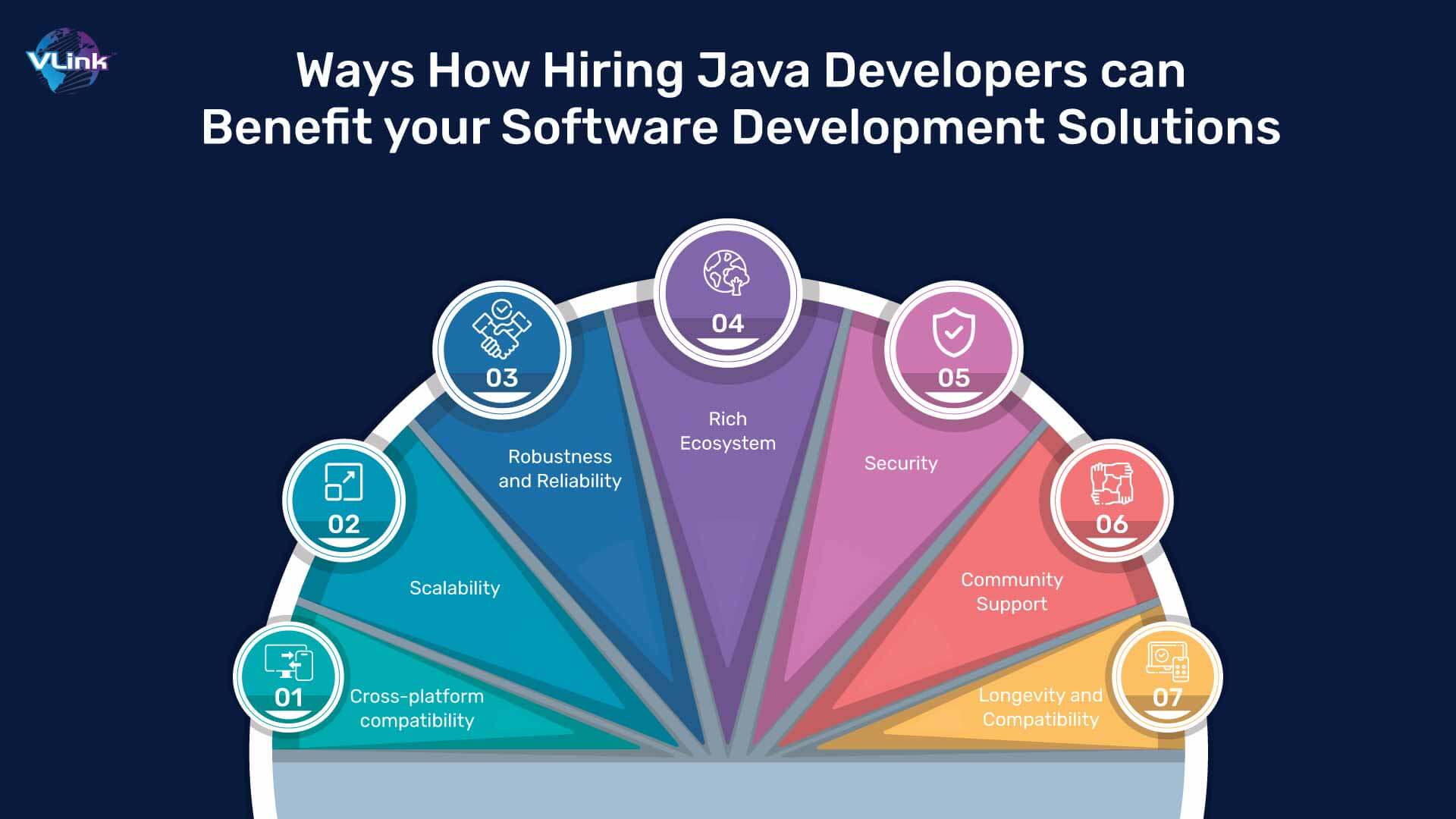
#1 - Cross-platform compatibility
The "Write Once, Run Everywhere" method allows Java developers to write code that can run on any platform. Thanks to its cross-platform compatibility, your software solutions can reach a wider audience without extensive platform-specific development.
#2 - Scalability
Thanks to scalability, Java is ideal for creating software that can handle increasing loads and use bases—Java developer's expertise in designing and integrating scalable architectures to grow your business needs.
#3 - Robustness and reliability
A robust typing system, exception handling and memory management features make Java the right choice for building strong and reliable software. Java developers have experience writing code that's less prone to errors and easier to maintain.
#4 - Rich ecosystem
Java has a vast ecosystem of Java libraries, frameworks and tools that significantly speed up your development process.
From frameworks like Spring and Hibernate to tools like Maven and Gradle, Java developers have many resources to streamline the development process.
#5 - Security
As Java's built-in security features make it well-suited for developing secure apps, hire Java developers to enhance your software solutions. Ensure they follow best practices in secure coding and implementing robust security measures to protect your software solutions from threats.
#6 - Community support
With an extensive and active community, Java developers contribute to open-source projects and provide support through forums, blogs and online communities. Hiring Java developers can help resolve issues, accelerate development and stay updated on the latest trends.
#7 - Longevity and compatibility
Investing in Java development guarantees your software's durability and compatibility. It mitigates the risk of becoming obsolete and ensures that your apps endure and receive ongoing support over the long haul.
Real Use Cases of Java Software Development
#1 - Mobile Apps
Java is a cross-platform system that streamlines mobile app development and testing stages. Platform independence and portability simplify the Java app's development process for smartphones and embedded systems.
Here are most popular Java use cases for mobile applications:
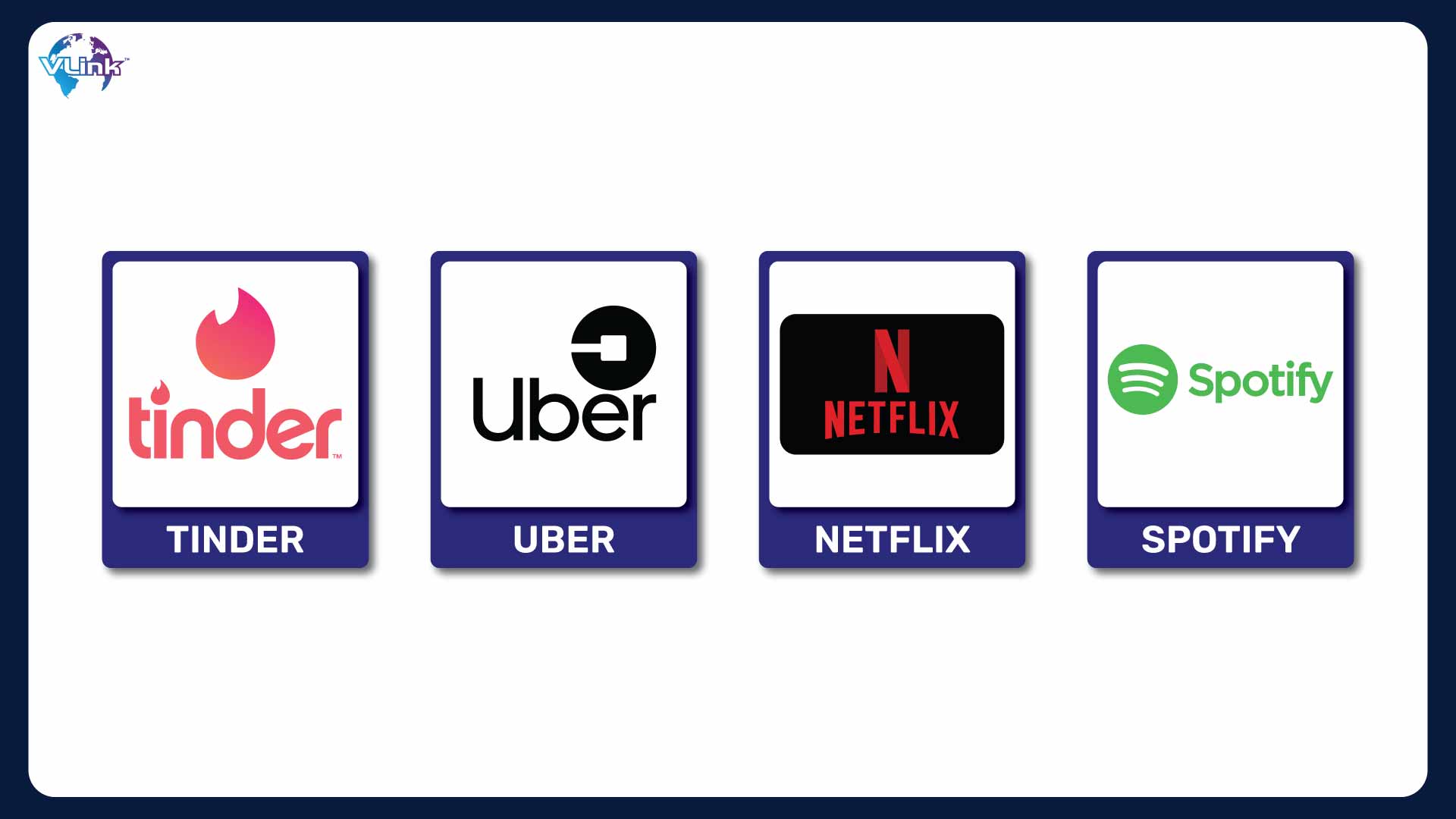
- Tinder
- Uber Netflix
- Spotify
#2 - Cloud Apps
WORA (Write Once Run Anywhere) feature, Java, is used for cloud-managed infrastructure services. It saves costs and helps you reach a wider audience.
Below are the famous Java use cases for cloud applications:

- Amazon
#3 - Education Apps
Remote or hybrid learning software is getting popular in the market. If you plan to build engaging, cross-platform software for edtech industry, hire professional Java developers.
Here are most popular Java use cases for edTech software:
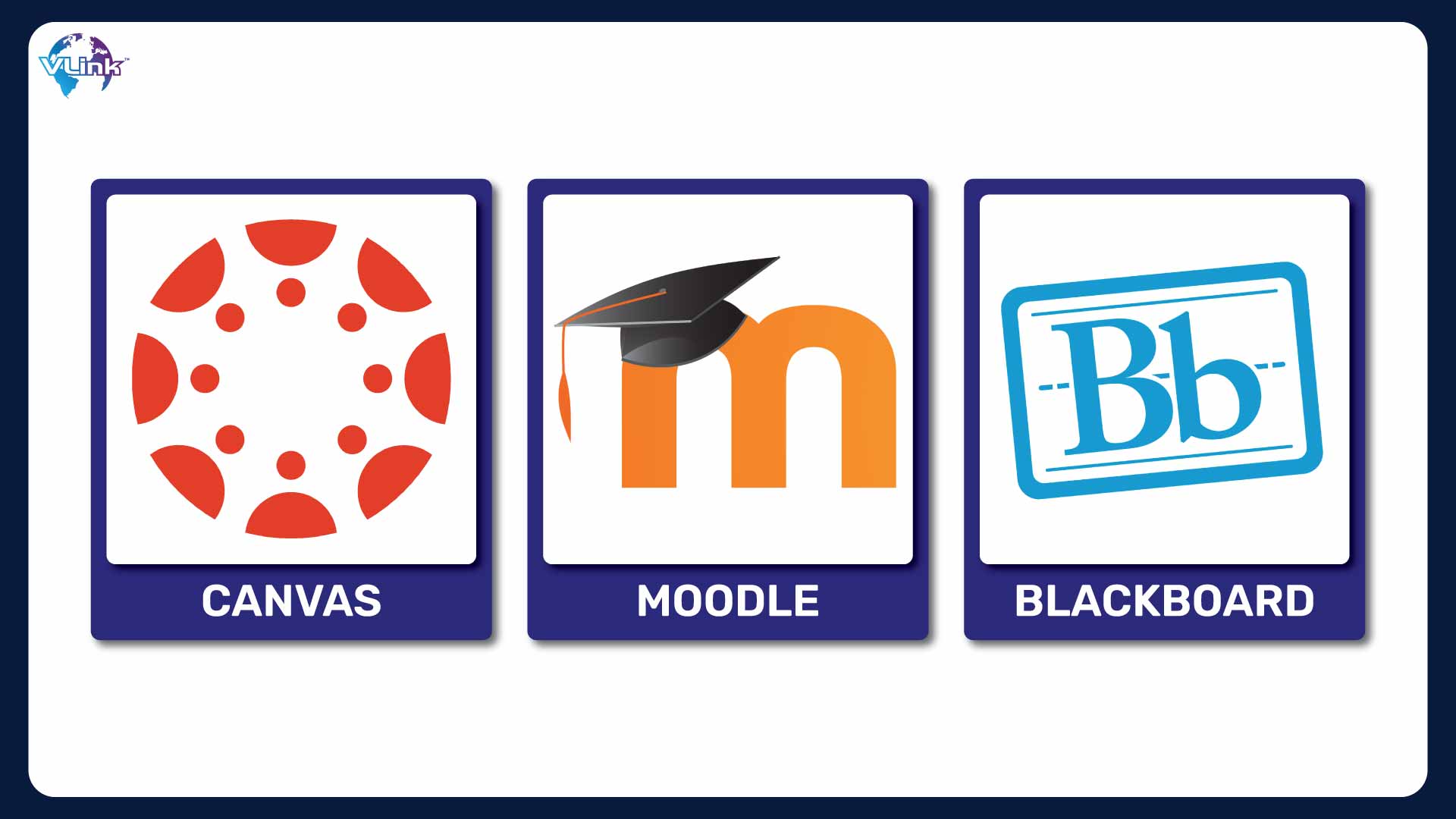
- Canvas
- Moodle
- Blackboard
#4 - Gaming Apps
With rich library support, it's designed for game development and has a high optimization level for such applications.
Below are the famous Java use cases for gaming applications:

- RuneScape
- Minecraft
#5 - Desktop GUI Application
If you want to build a well-structured and scalable GUI code, hire Java developers with experience in Java concepts such as encapsulation, inheritance, and polymorphism.
Below are the famous Java use cases for Desktop GUI applications:
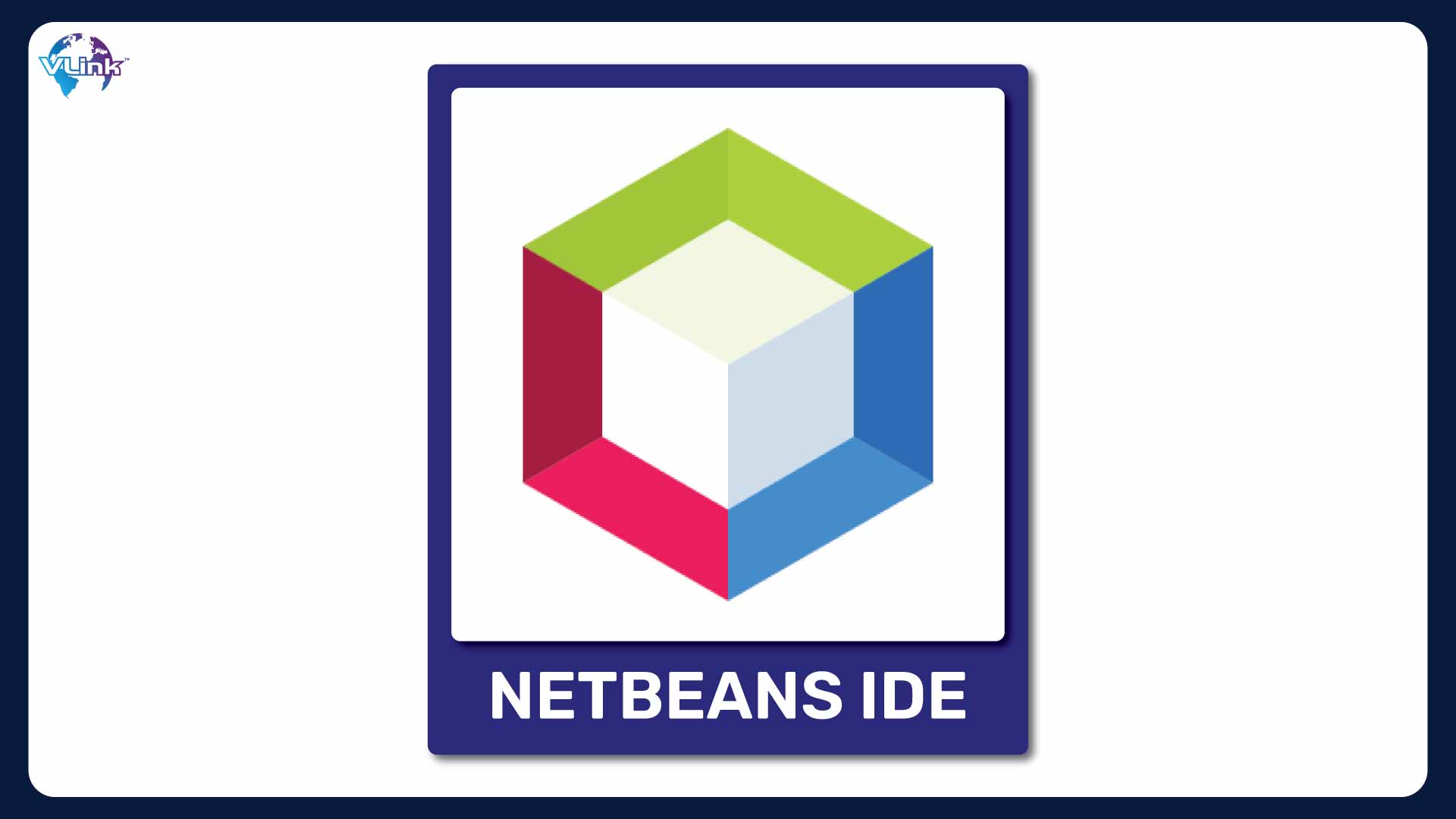
- Asteroid
- HexGL
- NetBeans IDE
If you want to build reliable, responsive and secure software development solutions, hire Java developers at VLink.
Hire Java Developers for your Next Software Development Project!
VLink offers flexible Java developers and team augmentation services to help you get reliable software development solutions on time. With 1500+ Java developers available for hire freelance or full-time, we have one of the largest networks of pre-vetted talent. Our rigorous pre-vetting process ensures you hire Java developers that you can trust.
Planning to hire Java developers to build your enterprise software, or extend your in-house team? VLink can help you onboard one.
For more information about Java experts, contact us now!
Frequently Asked Questions
Hiring Java developers in the United States ensures access to a pool of highly skilled professionals renowned for their expertise in Java programming. Their proficiency in industry standards, robust problem-solving abilities, and cultural familiarity can streamline collaboration, enhance productivity, and deliver high-quality software solutions.
The cost to hire Java developers varies based on experience, location, and project requirements. In the United States, rates typically range from $50 to $200 per hour for freelance developers, while salaries for full-time positions can range from $80,000 to $150,000 annually.
When hiring Java developers, consider their proficiency in core Java concepts, familiarity with frameworks like Spring and Hibernate, object-oriented design principles, database experience, problem-solving abilities, and practical communication skills for collaborative development.














